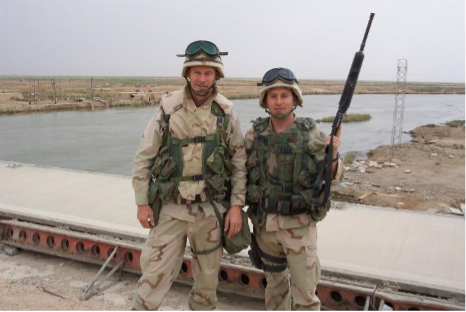Inference
The next cognitive skill is inference. Inference is to identify and secure elements needed to draw reasonable conclusions; to form conjectures and hypotheses; to consider relevant information and to deduce the consequences flowing from data, statements, principles, evidence, judgments, beliefs, opinions, concepts, descriptions, questions, or other forms of representation. Some might say inference is the ability to read between the lines.

The BC, his staff, and his unit commanders learned to read between the lines very quickly. As former President Ronald Reagan said when talking about arms control, “Trust but verify.” It was not that people often lied (although some did), but that people had bad information due to the fog of war, or their situational understanding was poor. Thus, while movement controllers analyzed the theater distribution system, they also had to probe deeper to read between the lines. This often meant observing operations from start to finish to get the real story, making friends with people to gain their trust and get their candid insights (versus the party line), and auditing and crunching data to see if the reports matched the actual performance. When people are tired, dirty, hungry and in danger you ought not be surprised that they make mistakes, sometimes cut corners, or even do unethical things to get by. Inference helps you get past that to see the real picture.
The three sub-skills of inference are querying evidence, conjecturing alternatives, and drawing conclusions.